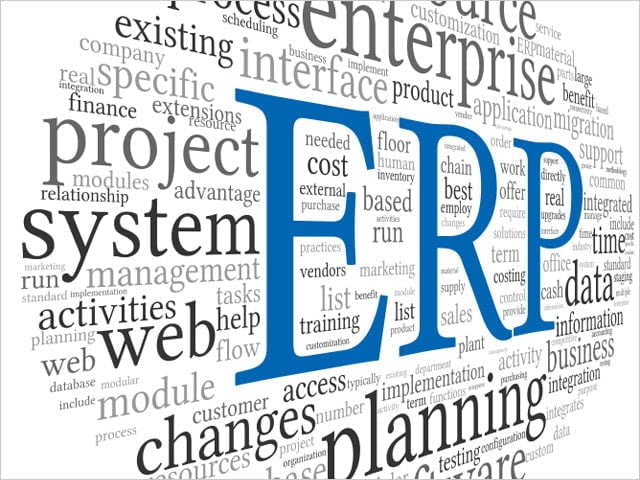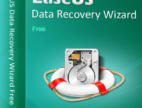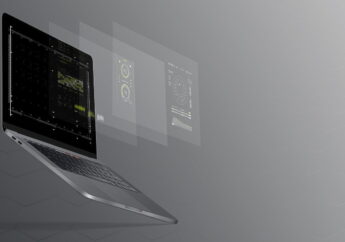Why Big-Box Retailers Need ERP Software
by Mashum Mollah IT Services Published on: 06 June 2017 Last Updated on: 08 May 2025

ERP software—also called enterprise resource planning software—has all but completely changed the ways in which modern retailers handle logistical business processes. From supply chain management to HR and everything in-between, an ERP product is often exactly what the doctor ordered for streamlining daily operations. While small-scale brick-and-mortar retailers can benefit from focusing on enterprise resource planning, big-box retailers stand to gain even more from integrating ERP software into the fold.
Still on the fence? Here’s why big-box retailers need ERP software to make it in today’s world.
1. Improved Inventory Management
Big-box retailers face plenty of challenges, but perhaps the most prominent of all is keeping track of a huge inventory of products. Items come in and go out at the speed of light, and demands can be hard to keep up with. Cloud ERP software solutions can help to automate the process for you, allowing you to define minimums/maximums, forecast orders and more. If you’re looking to take the guesswork out of inventory management, look no further than enterprise resource planning software.
2. Centralized Control
There’s no getting around just how important it is for big-box retailers to all have their own “mission command.” With so many different locations and teams involved, disorganization is bound to become a real problem without some sort of control center in place. This is where ERP software comes in. An ERP centralizes information between processes and departments in one single database, streamlining workflow for everyone involved. If centralized control isn’t in place, you can expect to spin your wheels more often than not.
3. Pricing / Discount Management
Discounts play a big role in overall success for many big-box retailers, as they can be excellent tools for getting new customers through the doors. Just as managing inventory can be challenging, however, managing pricing and discounts isn’t always as easy as most people would prefer. Retail ERP software can help to automate this process to an extent, decreasing the chances that pricing errors will occur while also offering options for future price planning. The ability to manage any number of pricing lists is worth its weight in gold, so to speak, especially for retailers who offer unique discounts throughout different locations.
4. Widened Analytical Data
Analysis of sales and performance data is something that retailers of all sizes need to focus on in order to enjoy growth and success. If you have a location that isn’t performing well, you know what needs to be done—the tricky part is getting this data in front of you for proper analysis. ERP software lets you look across your organization to identify areas that are on the up and up, as well as those which either need to be improved or eradicated entirely. Without this information on-hand, it’s difficult to say whether or not your company will sink or swim.
ERPs are extremely scalable, and the larger a company becomes, the more beneficial they tend to be. Choose the right software, and watch as processes begin to smooth over.



































































































